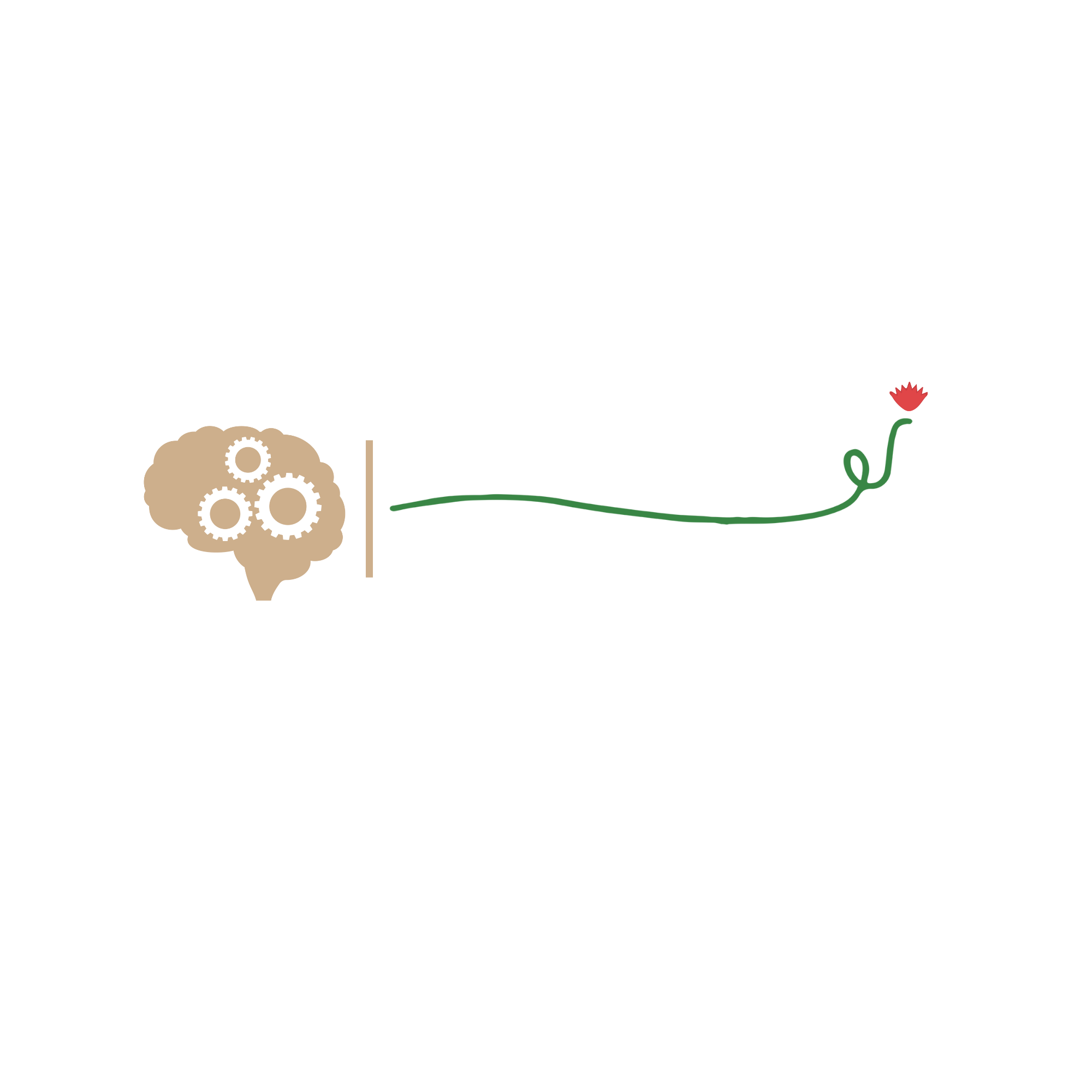FAQs Page
- Home
- FAQs
FAQs
Frequently asked questions
1. What should I expect during my first therapy session?
In your first session, we will focus on getting to know each other. I’ll ask questions about your background, concerns, and goals for therapy. It’s a time for you to share what’s on your mind, and for us to start developing a plan tailored to your needs. This session is also a chance for you to ask any questions about the therapy process.
2. How do I know if therapy is right for me?
Therapy can benefit anyone facing challenges, whether it’s related to stress, anxiety, depression, trauma, or personal growth. If you feel stuck, overwhelmed, or simply want a neutral space to talk, therapy could be helpful. It’s a safe, confidential environment to explore your thoughts, emotions, and behaviors.
3. How long will I need to be in therapy?
The length of therapy varies depending on your specific needs and goals. Some people find a few sessions helpful for gaining insight, while others may benefit from longer-term therapy for deeper work. We will regularly review your progress and adjust as needed to ensure you’re getting the most from your sessions.
4. What type of therapy do you offer?
I offer a variety of therapeutic approaches tailored to individual needs, including Cognitive Behavioral Therapy (CBT), Mindfulness-Based Therapy, Psychodynamic Therapy, and more. During our initial conversations, we’ll discuss which approach might work best for you and your situation.
5. How often will I need to attend sessions?
Most clients begin with weekly sessions to build momentum. Over time, as progress is made, we may move to bi-weekly or monthly sessions. The frequency depends on your goals and what feels right for you. On an average, 6-8 weekly sessions is what it takes to experience a transformation on a scale that is unique to every individual.
6. Is everything I say in therapy confidential?
Yes, almost everything you share in therapy is kept confidential with a few exceptions required by law.
7. How do I choose the right therapist?
Choosing the right therapist is a personal decision. It’s important to find someone you feel comfortable with and who understands your specific needs. During our initial sessions, we’ll determine whether we’re a good fit for each other. Don’t hesitate to ask questions or voice any concerns you may have.
8. Can I do therapy online?
I do offer both in-person and online therapy. In person sessions are only through prior appointment and subject to requirement. Online sessions are a convenient and effective way to engage in therapy from the comfort of your home. Whether you choose in-person or online sessions depends on your preference and what works best for your schedule.
9. What issues can therapy help me with?
Therapy can help with a wide range of issues, including anxiety, depression, relationship problems, stress management, trauma, self-esteem, grief, and personal development. It can also support you in navigating life transitions, improving communication, and enhancing emotional well-being.
10. How do I get started with therapy?
Getting started is simple! You can contact me through a call or a message to schedule an initial consultation. We’ll discuss what you’re looking for in therapy and set up your first session. From there, we’ll develop a plan that best fits your needs and goals.
12. Can I attend therapy even if I don’t have a specific issue or diagnosis?
Absolutely ! You don’t need to have a specific problem or diagnosis to benefit from therapy. Many people come to therapy for personal growth, self-discovery, or simply to have a supportive space to process their thoughts and emotions.
13. How do I handle feelings of anxiety or nervousness about starting therapy?
Feeling anxious or nervous about starting therapy is completely normal. It’s a new experience, and it can feel vulnerable. During our first session, we’ll take things at your pace. My goal is to create a safe, non-judgmental space where you feel comfortable exploring your thoughts and feelings.
14. How does Clarity Coaching and Psychotherapy help ?
Clarity coaching and psychotherapy helps in understanding the current situation with a renewed perspective and enables you to align with the most effective path towards your desired outcome.

